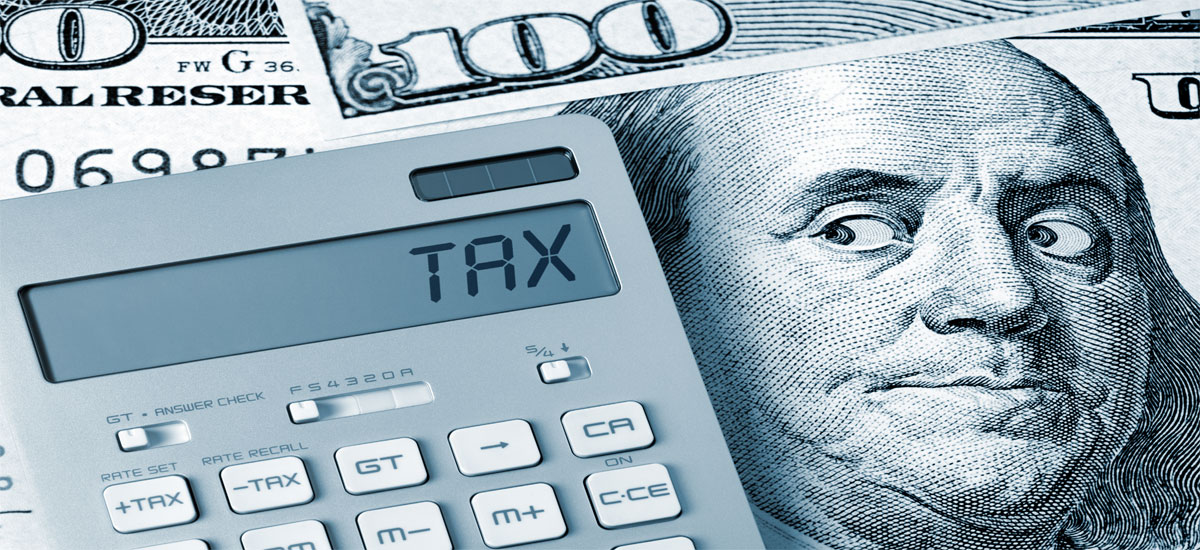
Posted on 2022-12-27 01:15:58 | by Bookkeeping
Why do you need to do or maintain bookkeeping for your business?
Let’s first understand what bookkeeping is?
You must be wondering if I have all my receipts and the bank statements, is that not enough? No, that is not enough. Bookkeeping means listing all your income date-wise with the name of the customer and the amount, similarly listing all your expenses category-wise with date, supplier name, and the amount. CRA may ask you to provide a listing of your motor vehicle expenses, which means you need to provide the date you bought gas, and the date you did the repairs for your Car, whom you paid to like Petro Canada, or Lube express for repairs, and the total amount for the year must match with the amount that you have reported on your tax return.
Once you are in a business, you need to maintain your bookkeeping for two reasons.
- Tax purposes
- Business purposes
- Tax purposes
All tax laws that apply to your business require you to maintain a bookkeeping system for your business. Income-tax act virtually applies to every business, whether it is a business running for profit or a charity.
As per the Income Tax Act of Canada:
“230 (1) Every person carrying on business and every person who is required, by or pursuant to this Act, to pay or collect taxes or other amounts shall keep records and books of account (including an annual inventory kept in prescribed manner) at the person’s place of business or residence in Canada or at such other place as may be designated by the Minister, in such form and containing such information as will enable the taxes payable under this Act or the taxes or other amounts that should have been deducted, withheld or collected to be determined.”
As per CRA GST/HST memorandum 15.1, June 2005:
- “Persons carrying on a business or engaged in a commercial activity in Canada, persons who are required to file a GST/HST return, and persons who make an application for a rebate or refund are required to maintain adequate books and records in English or French in Canada, or at such other place and on such terms and conditions as specified in writing by the Minister, to enable the determination of their tax liabilities and obligations, or the amount of any rebate or refund to which they are entitled.
- The books and records are required to be in an appropriate form and to contain sufficient information to allow determination of the amount of tax to be paid or collected, or the amount to be refunded, rebated or deducted from net tax.”
Financial statements
It will be easier if you are self-employed, you will make a total of your income and total of expenses by the nature of expenses and report on your tax return on T2125 form. However, if you are a corporation, you need to report your assets and liability on a balance sheet which could be complicated without a proper bookkeeping system.
A proper bookkeeping system will help you minimize your GST/HST liability by recording every cent of your input tax credit. This will also help you while preparing T4s for your employee at the end of the calendar year and reporting to CRA.
The tax laws that apply to your business also require you to keep the records for a certain year. Please refer to our Record Retention rules for further information.
- Business purposes
The following are the business purposes that you will need to maintain a good bookkeeping and reporting system.
- Tracking your profitability – Gross income minus expenses is the net profit you want to track on a weekly, monthly, quarterly, and annual basis. This is called an “Income Statement’ or a “Profit and Loss Account.” There are certain accounting concepts used in the preparation of this statement. For example, you might have paid your “insurance expenses” in one shot but this expense belongs to the period for which it has been paid. Hence you need to allocate the right amounts to the period for which it belongs to. This is called the matching concept in accounting terms.
- Preparing your budgets and forecast – in business, you set your goals. For e.g. the amount of revenue you want to generate from a segment or in total from your business in a period.
- Preparing business plans for financing – your bank may ask you to provide your financial statements and your business projections.
- Accounts payable processing – In most businesses, you purchase your inventory which has a payment term. You want to record your inventory when it was received and record the payment when you pay.
- Recording your inventories – record your inventory when you receive it.
- Knowing what your liabilities are – Based on the payment terms with your suppliers, you may want to know what’s payable in the current month or next.
- Tracking your expenses – There are certain expenses that you may want to control.
- Accounts receivable processing – You want to invoice your customer when the goods are shipped and record your invoices to track your sales report, customer-wise and product-wise.
- Tracking your income – you may business segments, customer-wise or product-wise, and you want to track revenue for each stream on a periodic basis.
- Recording your cost of sales – as soon as the goods are shipped to your customer, you may want to reduce your inventory and record the cost of sales.
- Customer aging and collection follow-up – There are some customers who want to be reminded for the payment or they are overdue and you want to follow up with them.
- Tracking your cash flow – a cash flow report is based on the actual cash you received minus the cash you spent in a period. You may have a good amount of sales in a period, but if that does not match your cash inflow, then you may be in a tight cash flow situation. The cash flow forecast is another tool that helps you manage your business’s future.
- Recording your fixed assets – is not your current costs. Usually, you amortize/depreciate them over their useful life.
- Recording your interest expenses on the loan repayment – When you repay your loans in installments, each installment includes interest and principal. You need to allocate them accordingly.
Some of the financial reports that you may want to analyze on a regular basis to get more insight into your business, monitor them, take appropriate action, and make an informed decision.
- Comparative profitability analysis from the prior period
- Profitability customer wise
- Profitability product wise
- Budget and actual variances
- Costs analysis – administration, selling, and marketing
- Gross margin analysis
- Fixed Vs. variable cost analysis
- Trend analysis
Managing bookkeeping

It requires that you pay attention to the entire process step by step.
- Your bookkeeper must have an accounting background with practical knowledge of debit and credit.
- Knows the ins and out of the bookkeeping software in use.
- Most importantly, knows your industry or can do an in-depth research on your industry, products and services, customers, markets, business processes, legal and filing requirements, and your business objectives.
- Knows applicable accounting policies and generally accepted accounting policies for the industry that you are in.
- Timeliness and accuracy
- Establish controls
- Sets budgets and forecasts
- Keeps up to date with the changes
- Analyse, reviews, monitors, and reports
Why do you need a professional bookkeeper?
- Knowledge of wide range of tools (software) and the ability to select the right one for you
- In depth knowledge of software and optimise the use of the software
- Knowledge of wide range of industries and the ability to apply efficiency achieved and established in one industry to another industry
- Keeps up to date with changes in the industries, environment, regulations, and accounting standards and policies
- Maintains a team of bookkeepers and you do not have to worry when your bookkeeper leaves you, your system will run uninterruptedly and smooth
- No need to hire a full-time bookkeeper and pay the professional bookkeeper as you use
- Professionally designed data controls and privacy
- Accuracy and quality of data maintained through layers of review process



